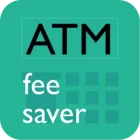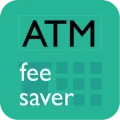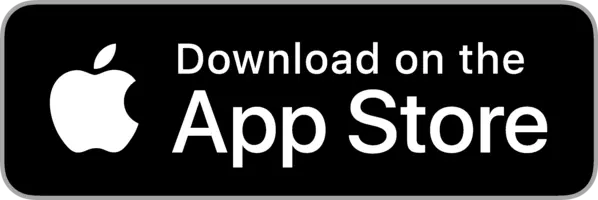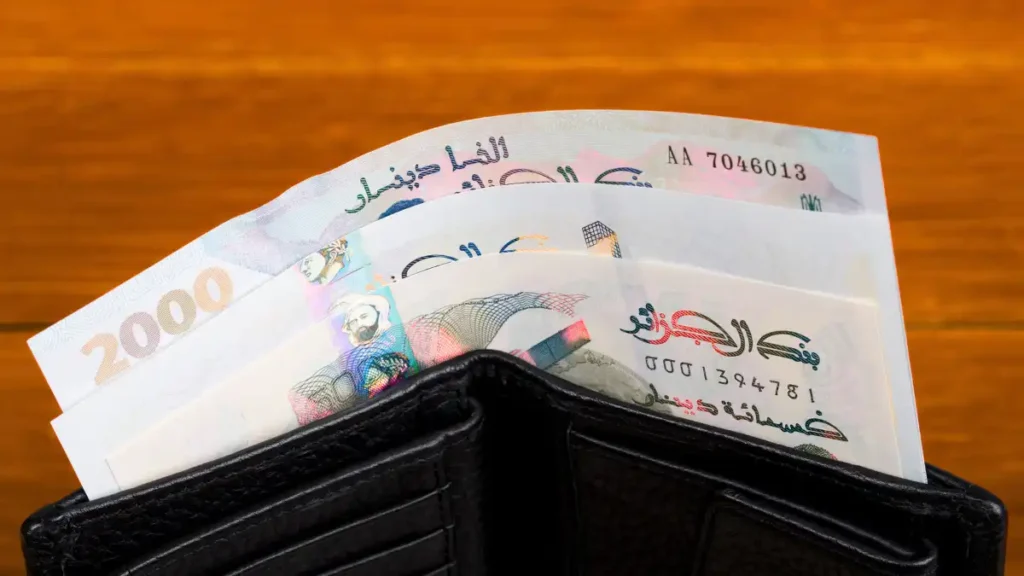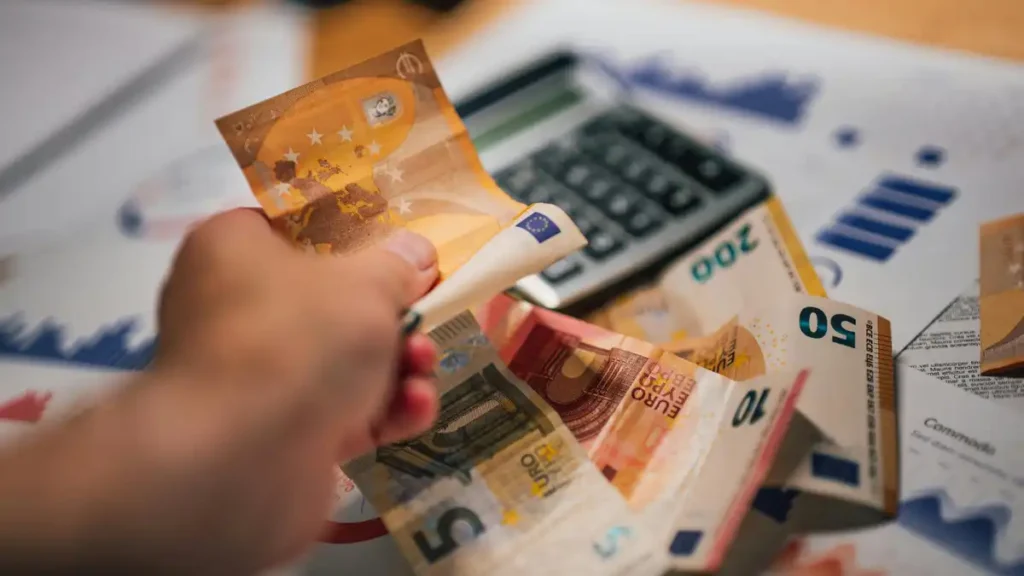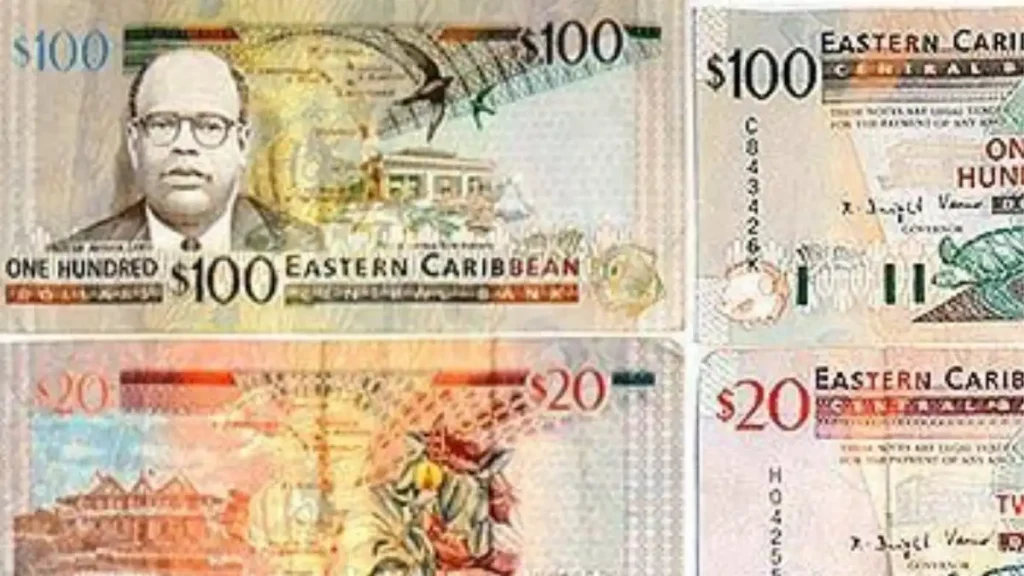Liechtenstein, a small yet wealthy country nestled in the Alps, is known for its castles, hiking trails, and low taxes. Understanding money in Liechtenstein and how currency works will help you enjoy it without surprises. Whether you’re buying souvenirs in Vaduz, dining in boutique restaurants, or taking the scenic train from Switzerland, knowing how to pay is important. This guide covers what currency to bring, the best ways to get money and currency in Liechtenstein (Swiss Franc – CHF), safe payment tips, and important dos and don’ts. With this knowledge, you can explore Liechtenstein with confidence.
How to pay in Liechtenstein – cash or card?
Liechtenstein offers a modern, highly digital-friendly payment environment, particularly in urban areas and many establishments commonly accept cards. They also accept cash which is useful in small towns and small purchases.
You can use cash for:
- Street Vendors and Markets: Some small market stalls and kiosks prefer cash.
- Public Transportation: Train and bus tickets can be bought by card, but some small local services may take cash only.
- Small Businesses: Family-run cafés or bakeries may prefer cash for small bills.
- Hostels and Guesthouses: Some budget accommodations may request cash payment.
- Tips and Gratuities: Cash is common for tips in cafés, taxis, and tours.
You can use card for:
- Hotels: All hotels, from hostels to luxury resorts, accept cards.
- Restaurants: Almost all dining establishments take Visa and Mastercard, many with contactless options.
- Retail Stores: Shops, supermarkets, and malls accept cards.
- Car Rentals and Tours: Cards are standard for bookings and deposits.
- Online Bookings: Flights, hotels, and activities can be paid for online by card.
What’s the best currency to take to Liechtenstein?
The Swiss Franc (CHF) is the official currency of Liechtenstein, and it’s the only currency accepted here.
Euros are not officially accepted, although some tourist spots close to the Austrian border may take them at poor rates. You’re much better off using Swiss Francs to avoid losing money on bad exchange rates.
GBP or USD is not accepted here.
Where to get currency in Liechtenstein?
There are 3 main ways to get cash in Liechtenstein. They are:
- ATMs, or
- Banks for currency exchange, or
- Money transfer & local pick-up
Types of cards to swipe in Liechtenstein
Visa and Mastercard transactions are commonly accepted for swiping. You might also find some places that accept Amex and other cards, albeit less frequently.
Types of cards at ATMs in Liechtenstein
If you’re withdrawing money in Liechtenstein from an ATM, ATMs commonly accept all international cards such as Visa, Mastercard, Plus, Cirrus, CUP, JCB, Maestro, American Express, Diners, Discover cards.
Should I exchange money before travelling to Liechtenstein?
If you’re coming from Switzerland, you don’t need to exchange money before traveling to Liechtenstein, as the country uses the Swiss Franc (CHF). If not, it’s good to bring a small amount of CHF for small expenses.
ATMs are widely available in Vaduz and other towns, and most accept Visa, Mastercard, Cirrus, and Plus cards. Withdrawal fees vary depending on your bank.
If needed, currency exchange services are available at banks and some post offices. Avoid airport exchanges in nearby countries like Zurich, as their rates may be less favorable.
Where to withdraw money in Liechtenstein
You can withdraw money in Liechtenstein at leading bank ATMs in the country. The best ATMs for foreigners to use in Liechtenstein is that owned by:
- Liechtensteinische Landesbank.
For a detailed guide, read Cash and ATMs in Liechtenstein.
Where to exchange currency in Liechtenstein
You can exchange currency in Liechtenstein at mainly banks.
There are very few standalone exchange bureaus in Liechtenstein itself. Most currency exchange is done through banks, post offices, or nearby Swiss towns.
Popular Banks Offering Currency Exchange Services are LGT Bank, Liechtensteinische Landesbank (LLB), VP Bank. These banks are located mainly in Vaduz and Schaan, and typically open Monday to Friday, from 8:30 AM to 4:30 PM.
Nearby Options: If arriving from Switzerland or Austria, it’s often easier to exchange money before entering Liechtenstein, where options are broader and rates more competitive.
Tip: Credit cards are accepted almost everywhere. If you’re carrying EUR, note that it may be accepted at some tourist shops, but change will be given in CHF.
You can find good currency exchanges in Liechtenstein using the ATM Fee Saver app – it will guide you to the nearest currency exchange on the map. The app helps you with forex places in 160+ countries, including Liechtenstein. Download now from the App Store or Play Store.
Avoid Airport Exchanges and no-fee exchange offices: They have the highest fees and poorest exchange rates. Wait to get to the city to exchange cash.
Is carrying cash in Liechtenstein safe?
Carrying cash in Liechtenstein is very safe, as the country has one of the lowest crime rates in the world. Most shops, restaurants, and hotels accept credit cards, so you won’t need to carry large amounts of cash.
To manage cash safely in Liechtenstein:
- Carry only small amounts for incidental purchases or public transport.
- Use a front-pocket wallet or compact travel pouch for convenience.
- ATMs are widely available in banks and commercial areas.
- Avoid unnecessary displays of money in tourist spots like Vaduz Castle or museums – more for discretion than safety.
- Credit and debit cards are widely accepted, especially for higher-value purchases.
Is it better to use debit or credit cards or pay by cash in Liechtenstein
Use a card if it is fee-free i.e. your bank does not charge any fees to swipe the card, when the merchant / POS also does not impose any extra charge to use a card, you need to use the insurance of the card, don’t want to block cash of large purchases and card’s swipe fees are lower than withdrawal fees.
Pay by cash by withdrawing cash from ATM or exchanging currency where – fees on ATM withdrawals are lesser than fees on swiping cards, you don’t want to leave any digital footprint of your expenses, it is convenient and easier to conduct transactions.
